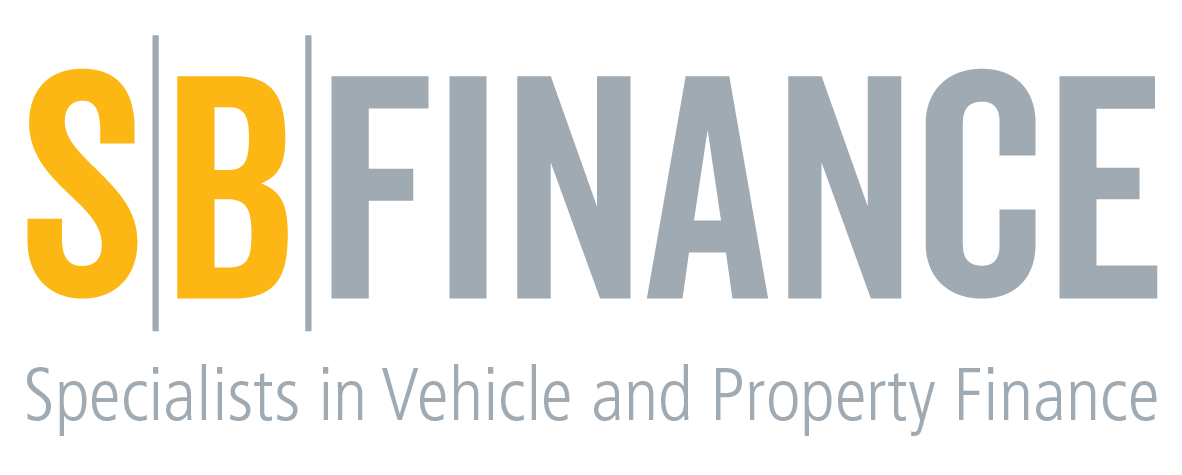When it comes to financing a home, choosing between a fixed or variable interest rate home loan is one of the most important decisions you’ll make. Both options come with unique benefits and potential drawbacks, depending on your financial situation and goals.
In this article, we’ll break down the differences between fixed and variable-rate home loans and help you determine which option might be right for you.
What is a Fixed Rate Home Loan?
A fixed rate home loan locks in your interest rate for a set period—usually between one and five years. This means your repayments stay the same during the fixed term, offering predictability and protection from interest rate increases.
Pros:
- Stable repayments: Easier budgeting with no surprises.
- Protection against rate rises: Your rate stays the same even if the market rate increases.
Cons:
- Less flexibility: You may face penalties for extra repayments or early exit.
- No benefit from rate drops: If rates fall, you won’t pay less interest.
What is a Variable Rate Home Loan?
A variable rate home loan means your interest rate can fluctuate over time based on the market. Your repayments can go up or down accordingly.
Pros:
- Flexibility: Easier to make extra repayments or refinance without penalties.
- Benefit from rate cuts: If interest rates fall, your repayments could decrease.
Cons:
- Unpredictability: Your repayments may rise if rates go up.
- Budgeting challenges: You may need to plan for potential increases.
So, Which One Should You Choose?
The right choice depends on your personal and financial circumstances:
- Choose Fixed if you prefer stability, are on a strict budget, or expect rates to rise.
- Choose Variable if you want flexibility, plan to make extra repayments, or believe rates will drop.
Some homeowners opt for a split loan, combining both fixed and variable components for a balanced approach.
Interest Rates Are Always Changing
With interest rates currently at historically low levels, many borrowers are asking whether to lock in a fixed rate or go variable. SB Finance can help you evaluate the latest low interest rate options to make an informed choice based on market trends and your financial goals.
Thinking About Refinancing?
If you already have a home loan, it might be worth considering a switch. Whether you’re moving from fixed to variable or vice versa, refinancing your home loan could save you money or offer better features to suit your current needs.
Talk to an Expert
Still unsure which loan type is right for you? A mortgage specialist at SB Finance can guide you through the process, compare options, and tailor a solution that aligns with your long-term plans.
Final Thoughts
There’s no one-size-fits-all answer when it comes to choosing between fixed and variable rate home loans. It’s about understanding your financial situation, the market, and what works best for you now—and in the future. Start by exploring your options with SB Finance and take the next step with confidence.





